When it comes to trading cryptocurrencies, one of the first decisions traders face is choosing between a centralized exchange (CEX) and a decentralized exchange (DEX). Over time, a new solution called a DEX aggregator has also entered the market, designed to make decentralized trading faster, cheaper, and easier.
Understanding the difference between these platforms helps traders pick the right tool for their strategy. Centralized exchanges are convenient and beginner-friendly but involve third-party control. DEX aggregators, on the other hand, offer users more freedom, privacy, and potentially better trading prices through smart routing technology.
This article breaks down DEX Aggregator vs Centralized Exchange — how they work, their pros and cons, and what makes each one suitable for different types of crypto traders.
What Is a Centralized Exchange (CEX)?
A centralized exchange is a crypto trading platform managed by a company or organization. Examples include Binance, Coinbase, Kraken, and KuCoin.
These exchanges operate much like traditional financial institutions. They hold users’ funds in custodial wallets, maintain internal order books, and match buyers and sellers within their platform. Users trust the exchange to store their assets safely and execute trades efficiently.
Key Characteristics of Centralized Exchanges
- Custodial: The exchange controls user funds.
- Account-based: Requires registration, identity verification (KYC), and email login.
- Off-chain order matching: Trades are executed through internal servers, not directly on blockchain.
- User-friendly: Offers intuitive interfaces, fiat support, and mobile apps.
Advantages of Centralized Exchanges
- Ease of Use: Designed for beginners with clean interfaces and tutorials.
- High Liquidity: Most CEXs have deep order books that support large trades.
- Speed: Transactions confirm almost instantly because they happen off-chain.
- Extra Services: Many CEXs provide staking, futures, lending, and fiat gateways.
Disadvantages of Centralized Exchanges
- Custody Risk: Users do not control their private keys — “not your keys, not your coins.”
- Regulatory Dependence: Accounts can be frozen due to local regulations.
- Security Vulnerability: Hacks on centralized servers can lead to massive losses.
- Limited Privacy: KYC is mandatory, and user data is stored centrally.
What Is a DEX Aggregator?
A DEX aggregator is a decentralized trading platform that connects multiple decentralized exchanges into one interface. Instead of manually checking prices on platforms like Uniswap, PancakeSwap, or Curve, a DEX aggregator scans them all in real time and finds the best route for your trade.
Popular examples include 1inch, OpenOcean, Matcha (by 0x), Rango Exchange, and ParaSwap.
DEX aggregators help solve a common DeFi problem: fragmented liquidity. Since tokens are spread across many DEXs and networks, prices may vary. Aggregators combine these sources to offer the best rate with minimal slippage.
Related article: Best DEX Aggregators for Low Fees in 2025
How DEX Aggregators Work
- The user connects a crypto wallet (like MetaMask or Trust Wallet).
- The aggregator analyzes prices across several DEXs.
- It splits or routes the trade for the best outcome.
- The trade executes directly on-chain, with full user custody.
Advantages of DEX Aggregators
- Full Ownership: You keep control of your crypto since trades happen from your wallet.
- Better Prices: Aggregators combine liquidity pools for optimal rates.
- Transparency: Every transaction is visible on-chain.
- Cross-Chain Capability: Many DEX aggregators now support swaps across multiple blockchains.
Disadvantages of DEX Aggregators
- Network Fees: Each blockchain charges gas for transactions.
- Complex Interface: May be intimidating for beginners.
- Transaction Delays: On-chain confirmations take time compared to CEX instant trades.
- Limited Fiat Access: You cannot deposit or withdraw traditional money.
DEX Aggregator vs Centralized Exchange: Key Differences
How DEX Aggregators Are Changing the Trading Landscape
In 2025, DEX aggregators have become critical infrastructure for the decentralized finance (DeFi) ecosystem. They help traders overcome fragmentation by offering one-stop access to tokens across Ethereum, BNB ($902.48) Chain, Polygon, Arbitrum, and more.
Their intelligent routing algorithms, such as 1inch Pathfinder or ParaSwap’s MEV protection, ensure traders get the best price even during volatile conditions. As cross-chain interoperability improves, aggregators are also integrating bridges, letting users swap tokens across chains in a single transaction.
Meanwhile, centralized exchanges still dominate retail adoption due to their simplicity and regulatory backing, but DeFi’s transparency and control continue to attract advanced users who prefer self-custody.
Pros and Cons at a Glance
Both types of platforms serve different needs. Many traders actually use both: centralized exchanges for fiat conversions and DEX aggregators for decentralized trading and yield opportunities.
Related article: How Slippage Works and How DEX Aggregators Help Reduce It
Choosing Between a DEX Aggregator and Centralized Exchange
When deciding which platform to use, consider these factors:
1. Your Experience Level
- If you are new to crypto, a centralized exchange is easier to start with.
- If you understand how wallets and gas fees work, a DEX aggregator gives more control.
2. Your Trading Goals
- Long-term investors or yield farmers may prefer DEX aggregators.
- Active traders or futures traders may find centralized exchanges more efficient.
3. Privacy Concerns
- Use DEX aggregators if privacy and decentralization matter to you.
- Use centralized exchanges if you don’t mind KYC for convenience and fiat access.
4. Security Preferences
- DEX aggregators give you full control, but you are responsible for wallet safety.
- Centralized exchanges provide custody but can be targets for hacks.
5. Regulation and Compliance
- Centralized exchanges comply with government rules and report transactions.
- DEX aggregators operate globally with minimal user data requirements..
Conclusion
The choice between a DEX aggregator and a centralized exchange depends on your priorities as a trader.
If you value control, transparency, and decentralization, DEX aggregators are the future. They allow you to trade directly from your wallet and access the best prices across multiple networks.
If you prioritize ease of use, fast execution, and fiat access, centralized exchanges remain convenient and beginner-friendly.
In reality, both play essential roles in the evolving crypto economy. Many investors use centralized exchanges to enter the market, then switch to DEX aggregators for advanced trading and self-custody. Understanding both helps you make informed choices in 2025’s multi-chain trading landscape.
FAQs
1. Is a DEX aggregator safer than a centralized exchange?
DEX aggregators are safer in terms of custody since users control their funds. However, users must carefully manage their own wallet security.
2. Can I use fiat currency on a DEX aggregator?
No. DEX aggregators are crypto-only platforms. You need a centralized exchange to deposit or withdraw fiat.
3. Why do people prefer DEX aggregators?
Because they offer complete asset control, better trading prices, and privacy without needing KYC.
4. Do DEX aggregators charge fees?
They charge regular DEX trading and network gas fees, but no additional platform fees.
5. Which is better for beginners?
Centralized exchanges are easier for beginners due to simple interfaces, customer support, and fiat gateways.
The post DEX Aggregator vs Centralized Exchange: What’s the Difference? appeared first on FXcrypto News.













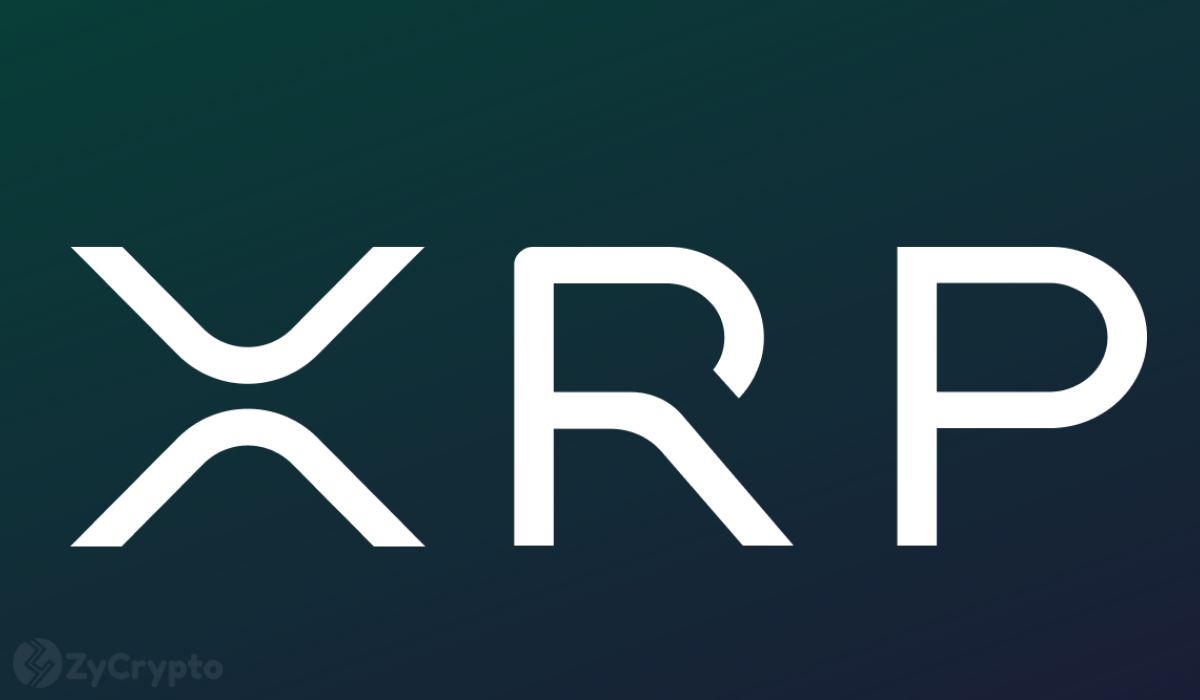
![Crypto News Today [Live] Updates On November 20,2025 : XRP Price Today, Bitcoin Price Reacts to U.S. Jobs Report and latest Crypto News](https://image.coinpedia.org/wp-content/uploads/2025/05/17173854/Coinpedia-Digest-Top-Crypto-News-This-Week-Hacks-Regulations-and-Institutional-Adoption-1-1024x536.webp)
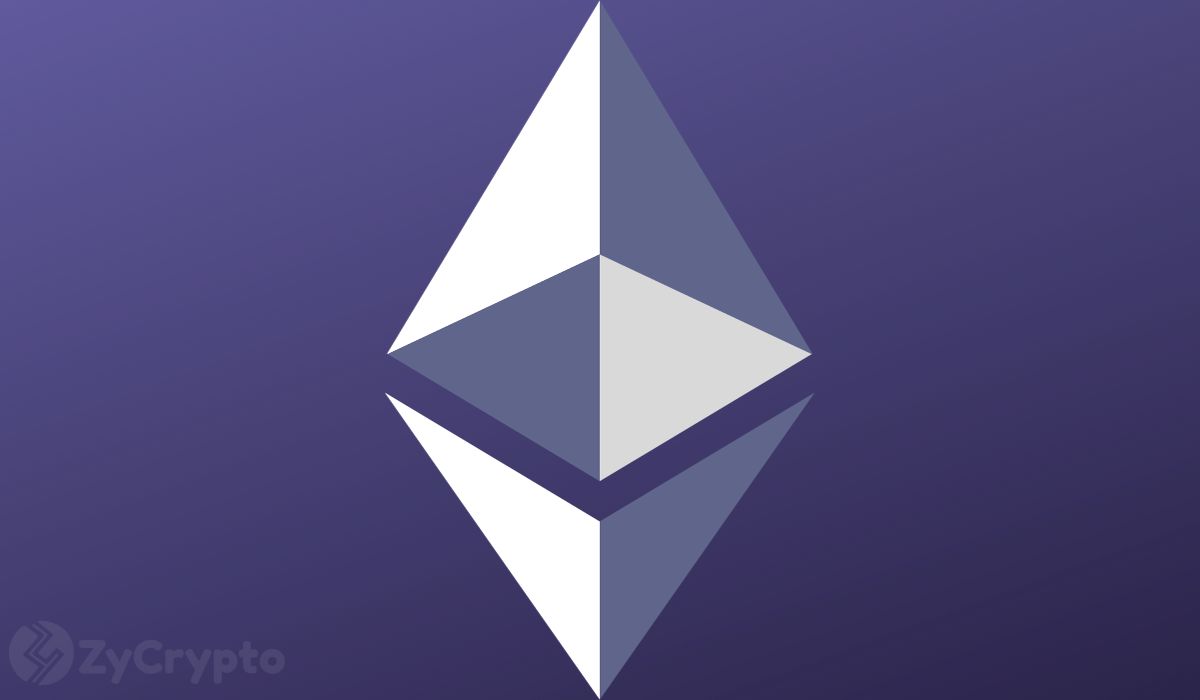
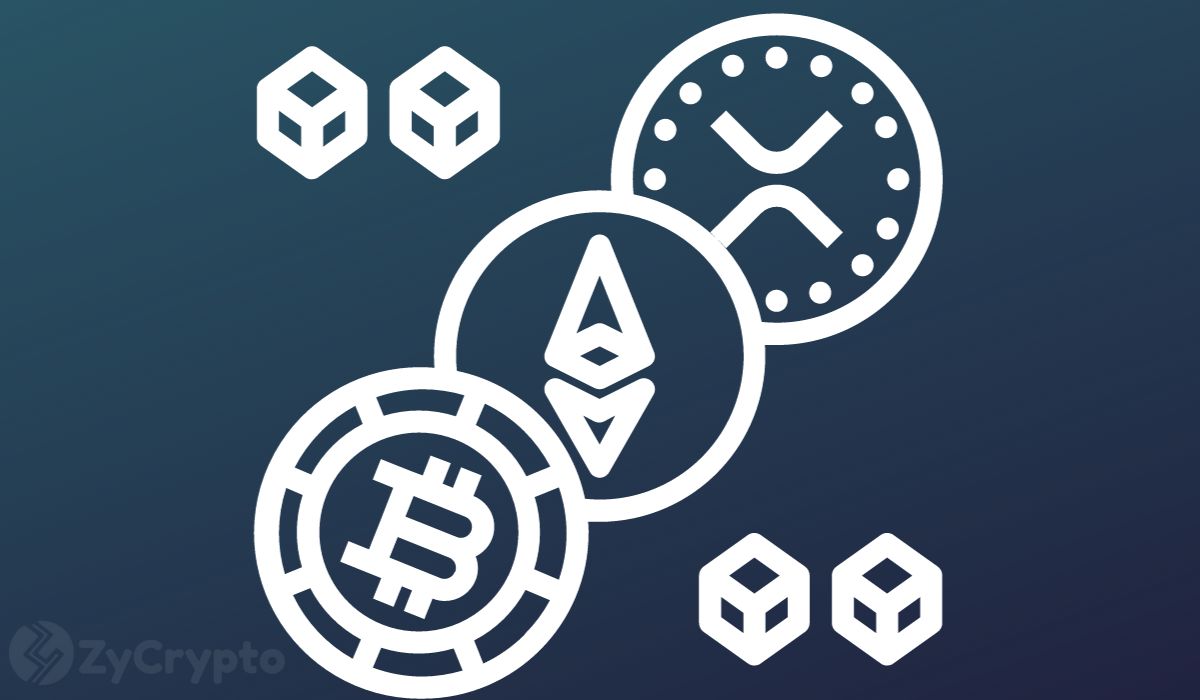



 24h Most Popular
24h Most Popular
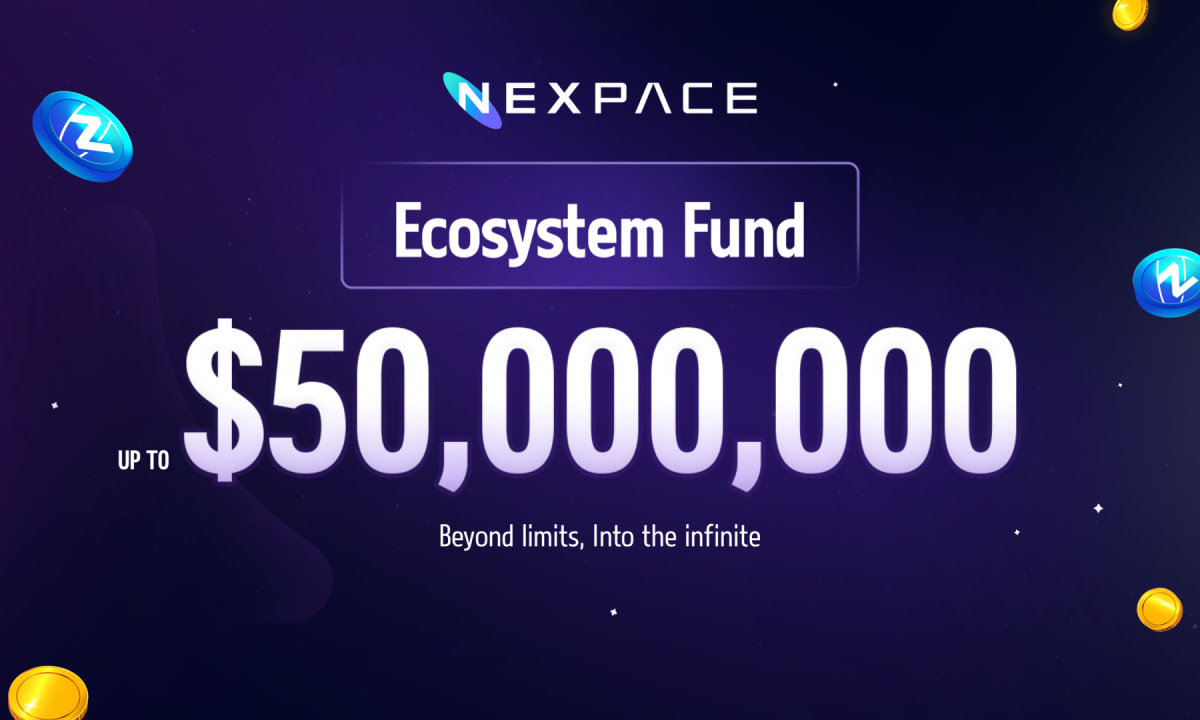



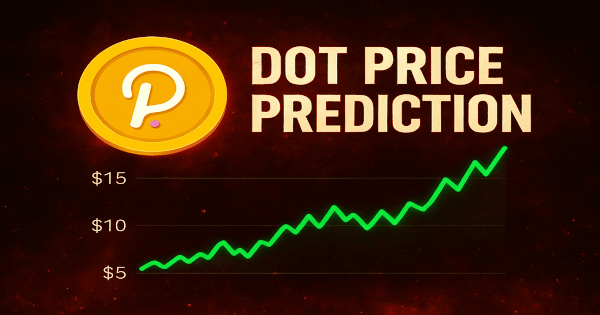

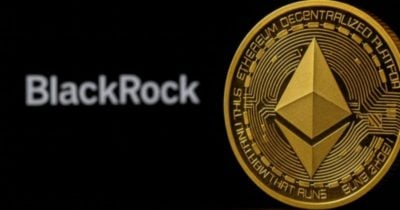
 Utilities
Utilities